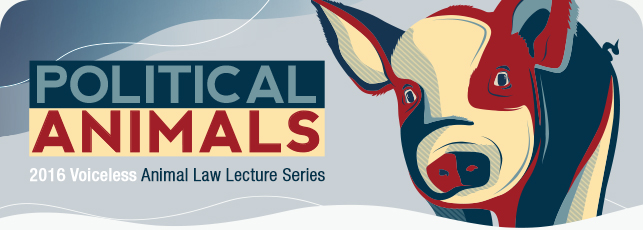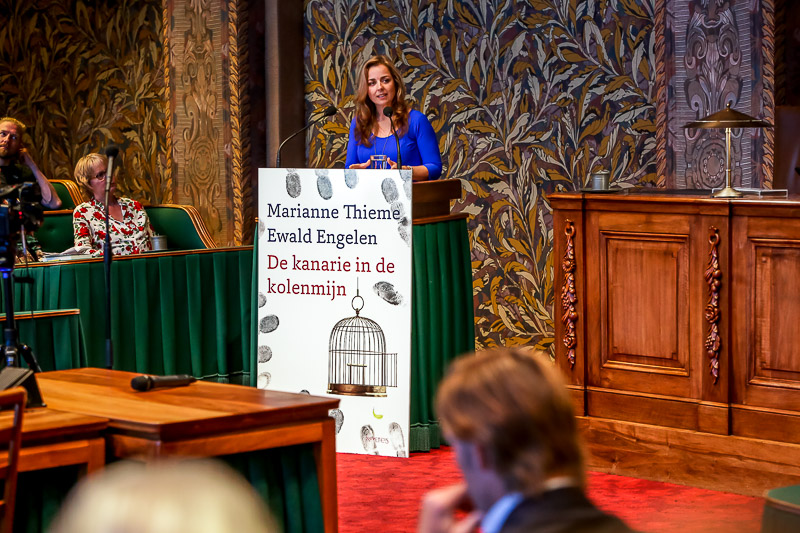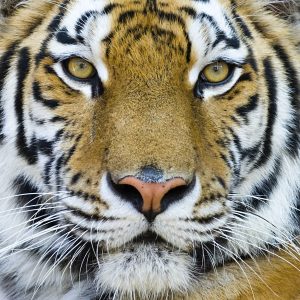Worldlog 9 de maio de 2016
Estou escrevendo este Worldlog da Austrália. A convite da organização Australiana de direitos dos animais Voiceless darei uma série de palestras entre 4 e 17 de Maio, na Austrália. Em dez palestras eu falarei em várias universidades e uma lei sobre o papel de força motriz no debate direitos dos animais, e, claro, também sobre o significado político deste papel de caça. Eu acho ótimo que Voiceless me deu esta fantástica oportunidade. Meu passeio certamente não será desapercebido aqui na Austrália. Cerca de 1.700 pessoas se inscreveram para participar de minha palestra e The Sydney Morning Herald, publicou em resposta à minha palestra turnê este artigo.

Meu novo livro O canário na mina de carvão está agora também disponível em e-book Inglês! Eu escrevi este livro juntamente com o geógrafo financeirp Ewald Engelen. Advertimos da insustentabilidade das escolhas políticas e financeiras atuais. E é por isso que defendemos uma mudança radical. Ewald deu uma perspectiva económica e a minha a de uma perspectiva ecológica. Time for Plan B!
Dia 21 de abril, foi o lançamento festivo do canário na mina de carvão no Senado. Fotos do lançamento do livro, você pode ver aqui. O livro não ficou nem mesmo duas semanas nas lojas, e já era necessária uma segunda edição, na Holanda. Bom que tantas pessoas estejam interessadas em nossa mensagem!
A versão em Inglês está disponível no mercadores holandeses como e-book, e através de Amazon.com, Amazon.co.uk e partir da próxima semana Amazon.com.au.

Finalmente eu também tenho notícias de última hora: graças a uma moção que apresentei os troféus de 200 espécies de animais selvagens não serão permitidos mais na Holanda. Isso significa que imediatamente incluem marfim, peles de tigre e chifre de rinoceronte são mantidos fora da fronteira holandesa. Caçadores pagam muito dinheiro por viagens de caça em elefantes, leões e outras espécies ameaçadas. Graças a esta nova proibição de importação estes caçadores holandeses já não podem se mostrar em casa com seu tiro selvagem fora da Europa. Esperemos que isto remova o grande incentivo em usar a arma na natureza externa.

Atenciosamente,
Marianne
I am writing this Worldlog from Australia. At the invitation of the Australian animal rights organisation Voiceless I am giving a series of lectures in Australia between the 4th and 17th of May. I will give 10 lectures at different universities and a law firm explaining the role of the booster in the animal rights debate, and of course also the political meaning of this booster role. I think it is great that Voiceless has given me this opportunity. And my tour around Australia is certainly not going unnoticed here. Almost 1,700 people have registered to attend my lecture and the Sydney Morning Herald has published the following article relating to my lecture tour.

My new book The Canary in the Coal Mine is now available as an English e-book! I wrote this book together with Ewald Engelen, professor of Financial Geography. We warn against the unsustainability of today’s politics and financial choices. And that is why we advocate a radical change of direction. Ewald from an economic perspective and me from an ecological standpoint. Time for plan B!
On the 21st of April last, we celebrated the launch of The Canary in the Coal Mine in the Senate. Pictures of the book presentation can be viewed here. After just two weeks of the book being for sale a second edition was required already. It is great to see that so many people are interested in our message!
The English e-book version can be ordered from Dutch webshops and via Amazon.com, Amazon.co.uk, and as from next week on Amaxon.com.au.

And last I have some breaking news: thanks to a motion I submitted it is no longer allowed to import hunting trophies of 200 wild animals into the Netherlands. This means that as from now, ivory, tiger skins and rhino horns are rejected at Dutch borders. Hunters pay a great deal of money for trips to hunt elephants, lions and other threatened animal species. Thanks to the new import ban, Dutch hunters can no longer show off the wild species they have shot outside of Europe. Hopefully this will take away the key incentive to use foreign nature as a shooting gallery.

Kind regards,
Marianne